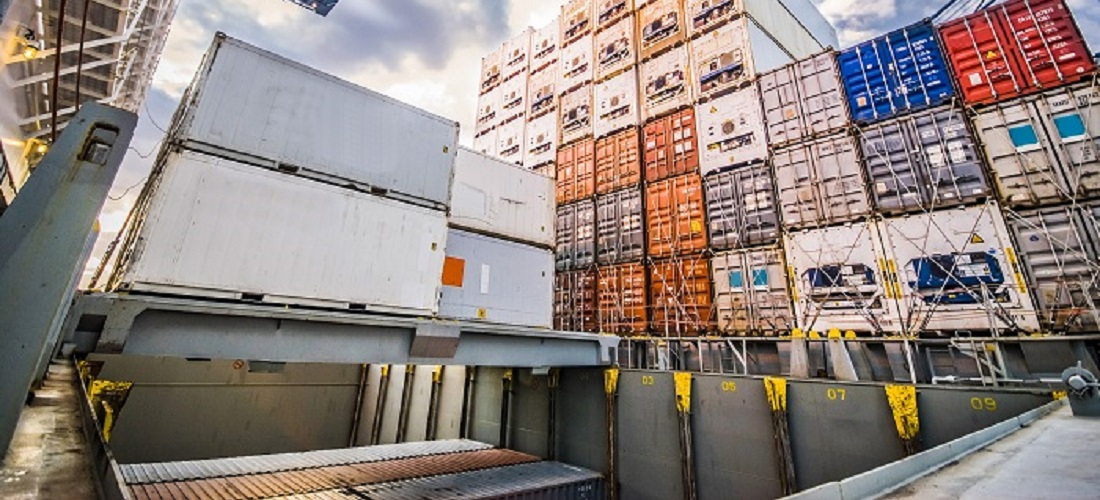
Brazil retains global lead in processed food exports for 2nd consecutive year
Feb, 23, 2024 Posted by Gabriel MalheirosWeek 202409
Brazil’s food industry has secured its position as the world’s largest exporter of processed goods in 2023, at least in terms of export volume. Last year, South America’s largest nation saw 72.1 million tonnes in exports, marking an 11.4% increase over the previous year.
The country’s leadership was secured for the second consecutive year over the American industry, which exported 54.9 million tonnes last year, according to data from ABIA (Brazilian Association of the Food Industry), released on the 22nd of last month.
Brazil’s top buyers include China (notably, animal proteins), 22 Arab League countries (sugar and animal proteins, in particular), and the European Union (which buys more sugar and soybean meal).
However, in terms of value, Brazil ranks only fifth, behind the United States, Netherlands, Germany, and France.
Exports amounted to $62 billion (R$306.3 billion) in 2023, a 5.2% increase from the previous year’s total. The United States exported $89.3 billion (R$441.2 billion) last year.
“We are still focused on certain food groups; we need to diversify the mix for exports,” said João Dornellas, president of ABIA, during a press conference held to announce the industry’s balance results in 2023.
“We have an average idle capacity of 24%. The more the world seeks food, and the more domestic consumption grows, the better for everyone: the industry grows, jobs are created, and foreign exchange is generated,” he said.
Compared to 2019 numbers, Brazilian exports increased by 51.8% in volume and 82% in value.
For some time, Brazil only exported meats, but the country started selling processed products such as ham, bologna, and sausages, according to the executive.
“In the case of soybeans, we don’t just export meal or grains; we also export oil, which is a value-added good,” says Dornellas.
The food industry’s total revenue was R$1.161 trillion in 2023, equivalent to 10.8% of GDP (Gross Domestic Product). Of this total, R$851 billion (73%) corresponds to domestic consumption, with R$310 billion (27%) in exports.
Adjusted for inflation, domestic sales saw a real increase of 4.5% last year (compared to 2.5% in 2022). The IPCA consumer price index for food and beverages rose 1.02% in 2023, compared to 11.6% in 2022, which justified the increase in consumption, according to ABIA.
Meanwhile, real sales to the foreign market advanced by 1.9%, compared to an 11.7% increase the previous year, due to exchange rate fluctuations.
According to the association, in 2023, the sector faced less price variation for items such as packaging and fuel, which eased production costs.
Some agricultural commodities saw prices fall, such as corn, wheat, and soybeans, while others, such as cocoa, coffee, and sugar, registered increases.
Source: Folha de S. Paulo
Click here to read the original news article: https://www1.folha.uol.com.br/mercado/2024/02/brasil-lidera-exportacao-de-alimentos-industrializados-pelo-2o-ano-seguido.shtml
-
Economy
Sep, 18, 2023
0
BNDES export credits back on the agenda
-
Ports and Terminals
Dec, 12, 2023
0
Port of Itaqui to see aluminum exports once again
-
Trade Regulations
Oct, 19, 2020
0
Brazil & USA conclude negotiations on 3 fronts to encourage bilateral trade
-
Shipping
May, 25, 2023
0
Suez traffic returns to normal after ship briefly stranded


